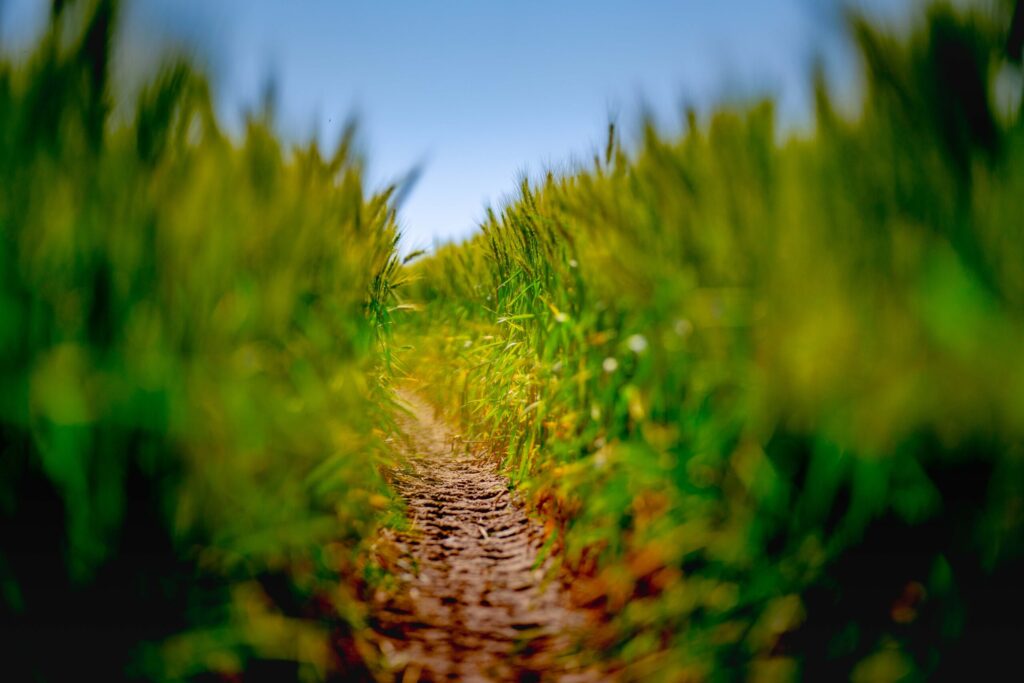Emirati Scientists Create Wheat Variety with ‘Record-Breaking’ 19% Protein
)
Home to an extreme climate, scarce water resources, and desert conditions, growing food in the UAE is relatively tough work. In fact, less than 2% of the country’s land is arable, which is why 90% of its food supply is imported.
Despite these challenges, the Gulf state might have just had a major breakthrough for its food security and export market. Mleiha Wheat Farm, located in Sharjah, has developed Saba Sanabel (Seven Spikes), a wheat variety with 19.3% protein content – the highest recorded globally.
The farm is in its third year now, and was launched to raise production rates and meet the local food demand. In this latest phase of the project, the high-protein wheat has been cultivated on over 1,400 hectares of desert land using advanced farming technologies. It’s expected to produce 6,000 tonnes of wheat this season.
“Through this project, Sharjah has shown that innovation could overcome even the toughest farming challenges,” said Amna Al Dahak, the national climate change minister.
AI-powered irrigation and chemical-free farming
Courtesy: Sharjah Government
The wheat farm was initiated by Sheikh Sultan bin Mohammed Al Qasimi, the ruler of Sharjah, to enhance food security by providing high-protein wheat free from chemical fertilisers, pesticides and other potentially harmful substances.
It developed a unique wheat strain labelled Sharjah 1, which is designed to withstand high salinity and drought conditions. A biotech lab sped up the genetic improvement process, evaluating more than 1,450 strains before finding the best-performing varieties.
The high protein content in Saba Sanabel is attributed to the organic farming approach, which helps improve the fertility and content of the soil, and preserves the quality of the wheat grains.
To grow the wheat grains, the farm uses contaminant-free desalinated water for irrigation, which increases the productivity and protein content, because water accelerates the transfer of dry matter from the stems and leaves to the grains, which is crucial for plant development.
In fact, the irrigation system is driven by artificial intelligence (AI), and was identified by Al Dahak as instrumental to the project’s success, given it also reduced water use by 30%.
The crop is only fertilised with natural manure, and has thus earned five quality and safety accreditations, including the HSP food quality certificate and the Made in Emirates label. In addition, the project won the Best Innovation Award for Sustainability in the UAE, a marker of its impact on climate protection and agricultural advancement.
“Sharjah’s wheat has exceeded global standards, making it one of the most nutritionally valuable wheat varieties worldwide,” said Osama Hussein Qambar, an agricultural expert at the Sharjah Department of Agriculture and Livestock.

